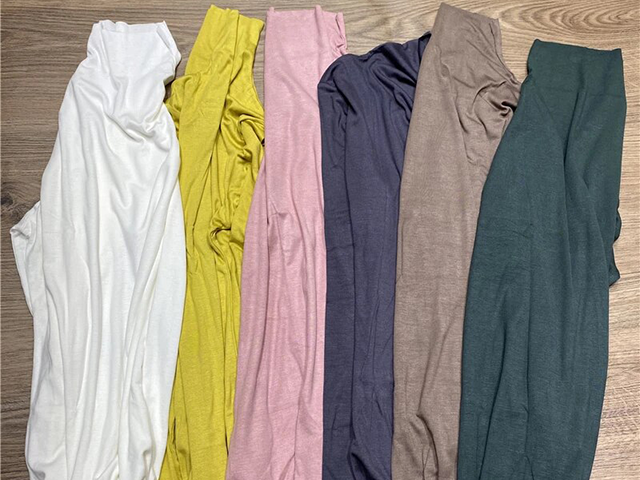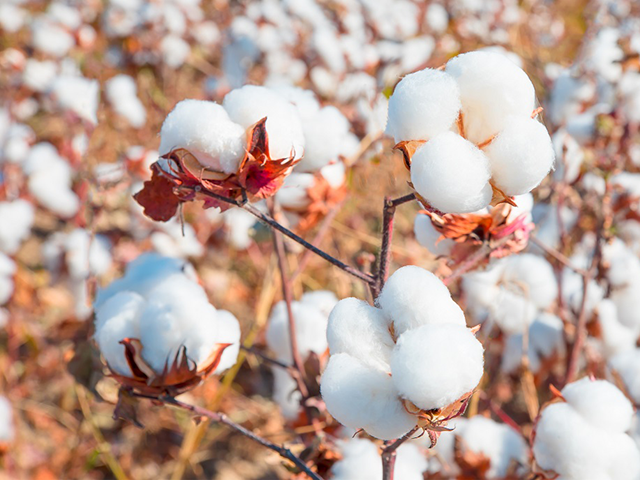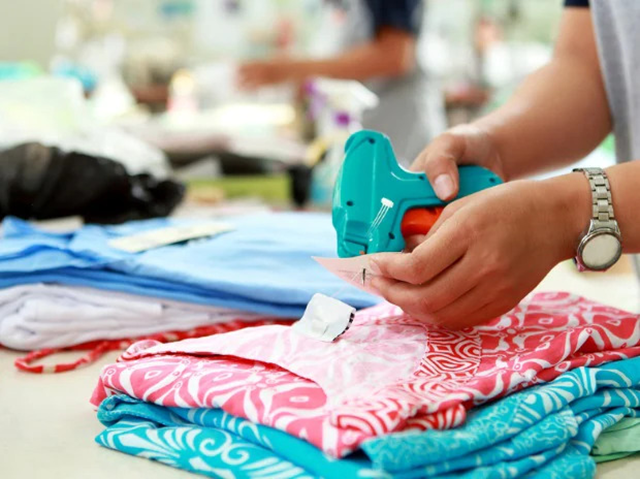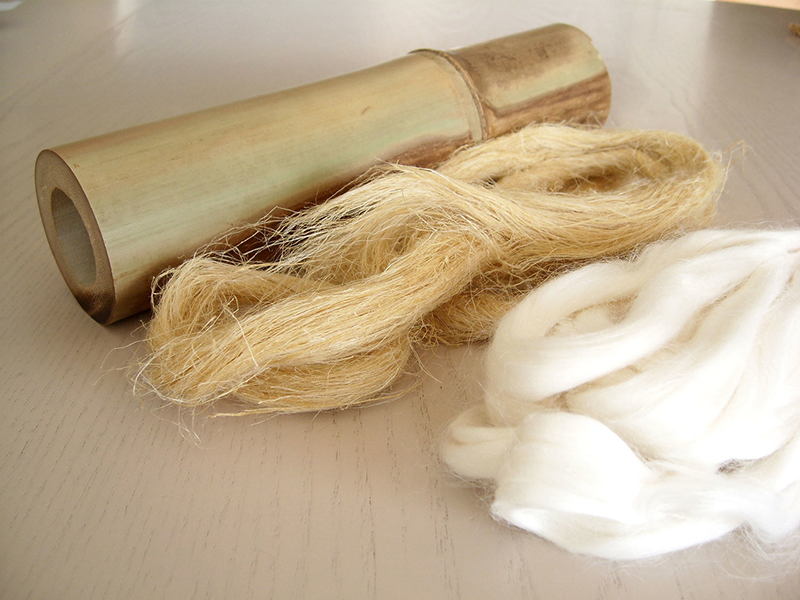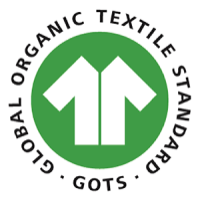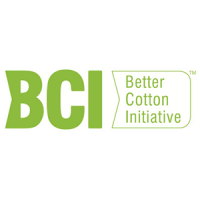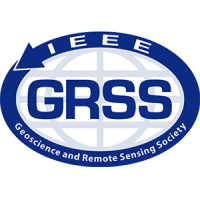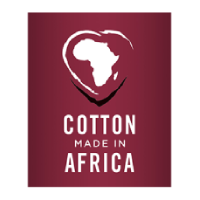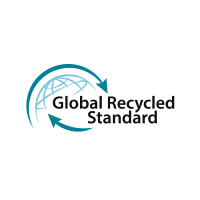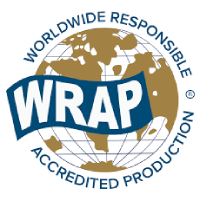Together towards a sustainable future!
Being part of a large industry, Bella Rose Apparel Group has a responsibility to deliver skin-friendly and environmentally safe products to ensure a healthy fashion industry. We continuously work together with suppliers and partners to augment transparency in our supply chain and to make positive changes about the protection of the environment and the achievement of social compliance.
Our Commitment to People
Bella Rose Apparel Group believes that it is imperative to assure a healthy and safe working environment where workers feel respected and receive equal opportunities. This is our way of supporting ethical business behavior. As BSCI members, we place sustainable trade at the heart of our business by respecting and following labor principles.
Our Engagement to the Environment
As BEPI international organization, we promote focused environmental improvements in our supply chain, about waste management, greenhouse gases, chemical management and much more, in order to shape a policy environment for open and sustainable trade. We engage locally and globally to reduce the environmental impact and to augment transparency in our supply chain.
Skin-Friendly Clothing
Our aim is to design delicate and ethical high-quality products while ensuring transparency and traceability in every aspect of our activity. Bella Rose Apparel Groupproduces garments bearing the Standard 100 by OEKO-TEX® product label. Yarns, fabrics or ready-to-use items are constantly tested for harmful substances to ensure skin-friendly and safe garments.
Wastewater Management
At Bella Rose Apparel Group, we aim to minimize our impact on the environment through effective water management, in order to ensure that freshwater remains available for everyone. we manage and treat the quantity and quality of our wastewater released into the environment.
Sustainable Cotton
By working closely together with suppliers and expert organizations when sourcing more sustainable raw materials, we’re able to reduce our carbon, water, and waste footprint, limit chemical and pesticide usage, prevent deforestation and protect fresh water and biodiversity. Organic cotton, our primary focus, is grown using methods and materials that have a positive impact on the environment. Bella Rose Apparel Group collaborates with and consults third-party certification organizations such as the Better Cotton Initiative (BCI), who verify that organic producers meet strict federal regulations, using methods and materials allowed in organic production.
Producing Detox
By demand of some of our clients, Bella Rose Apparel Group has successfully produced different garments under the Detox standards (launched by Greenpeace to encourage the textile industry to be less hazardous and more environmentally friendly). Doing our part for the environment and knowing our customers’ desires, Bella Rose Apparel Group is proud to have this capability. Do you strive to produce clothing under Detox regulation? Don’t hesitate to contact our sales department, and we’ll help you achieve your goals.
Bamboo Cotton
The term “bamboo fabric” widely refers to a number of different textiles that are made from the bamboo plant. Fabrics have been made from bamboo for thousands of years, but it is only in contemporary times that the process of making this hardy and fast-growing wood into fabric has been perfected.
Recycled Cotton Polyester
Renewable raw materials and recyclable thermoplastic polymers provide attractive eco-friendly quality as well as environmental sustainability to the resulting recycled cotton/polyester and polypropylene fiber reinforced nonwoven composites. We studied the possibility of using recycled polypropylene (PP) for the production of nonwoven composites based on recycled cotton (RC) and recycled polyester (RP) as reinforcements. This research focuses on optimizing the manufacturing techniques and testing of both air-laid nonwoven and melt-bonded recycled nonwoven composite materials. Each series of experimentation was to be combined with a specific amount of copolymer chemical agent, the recycled post-industrial polypropylene powder, and recycled fiber. The physical and mechanical properties can be tested in accordance with ASTM standards.




